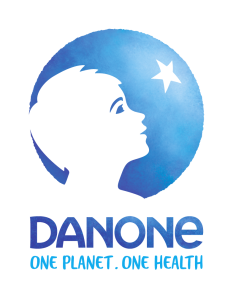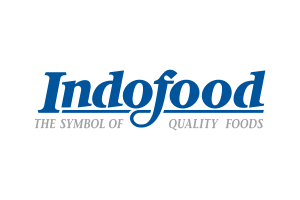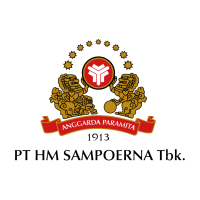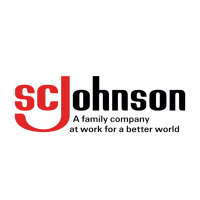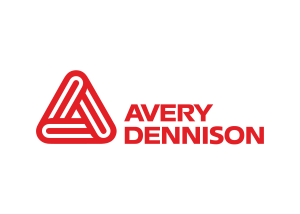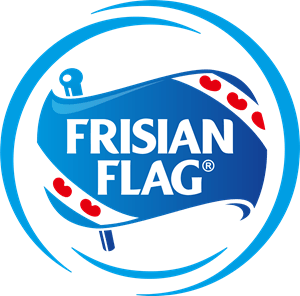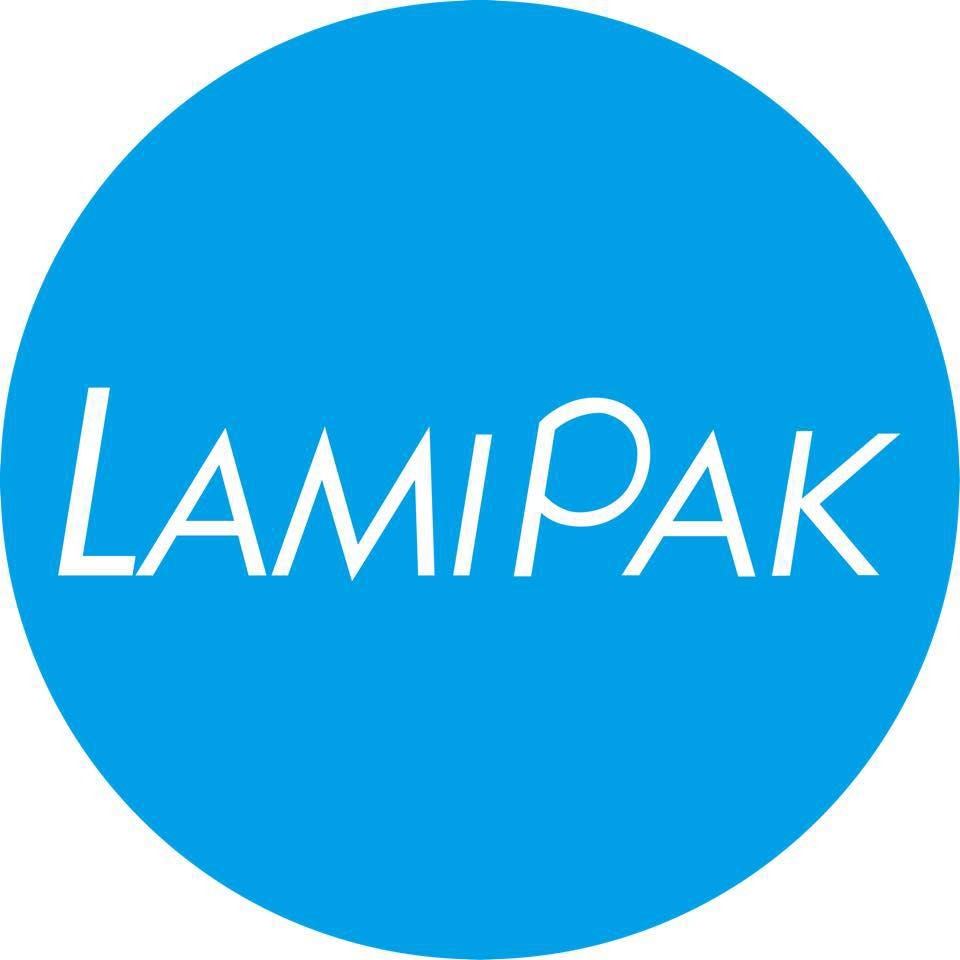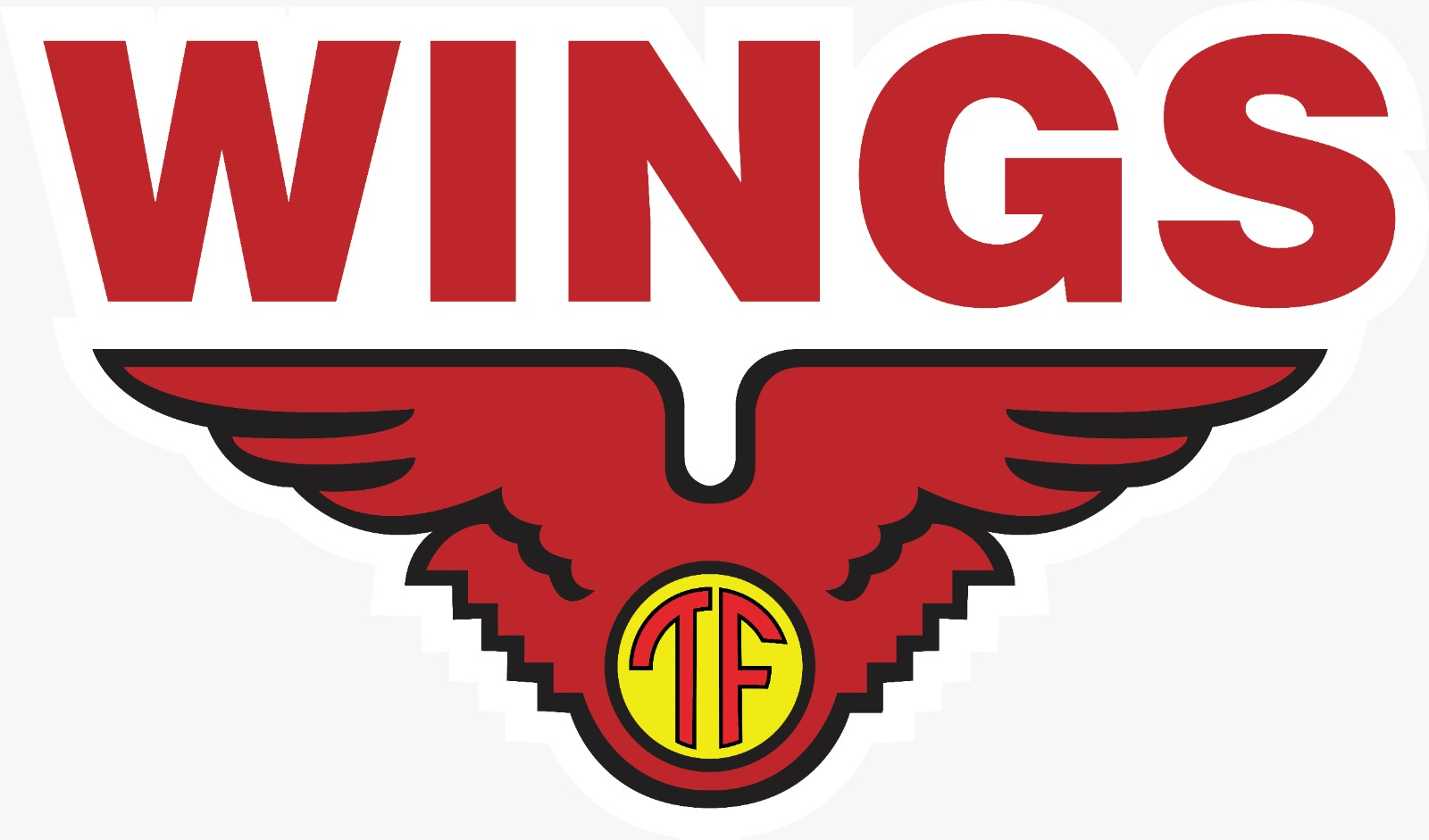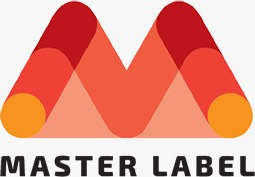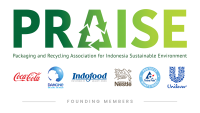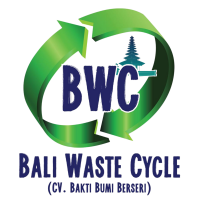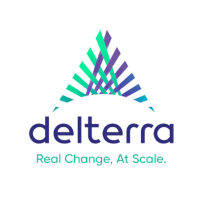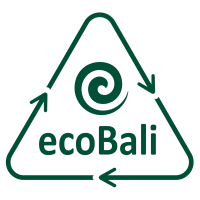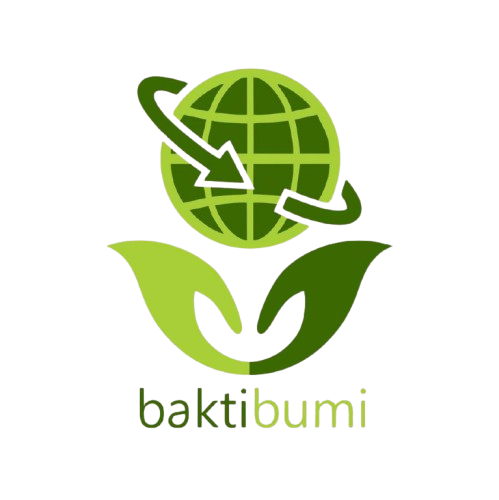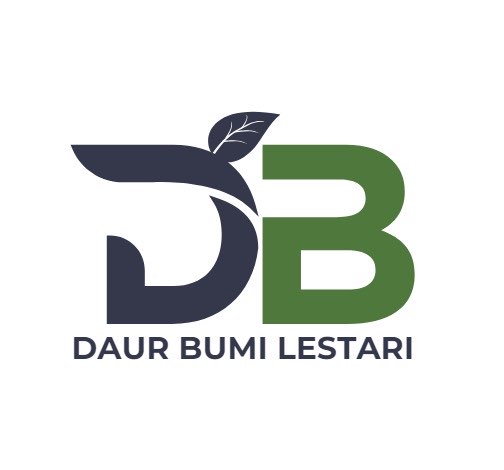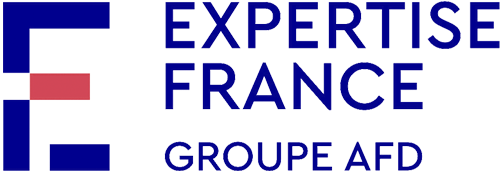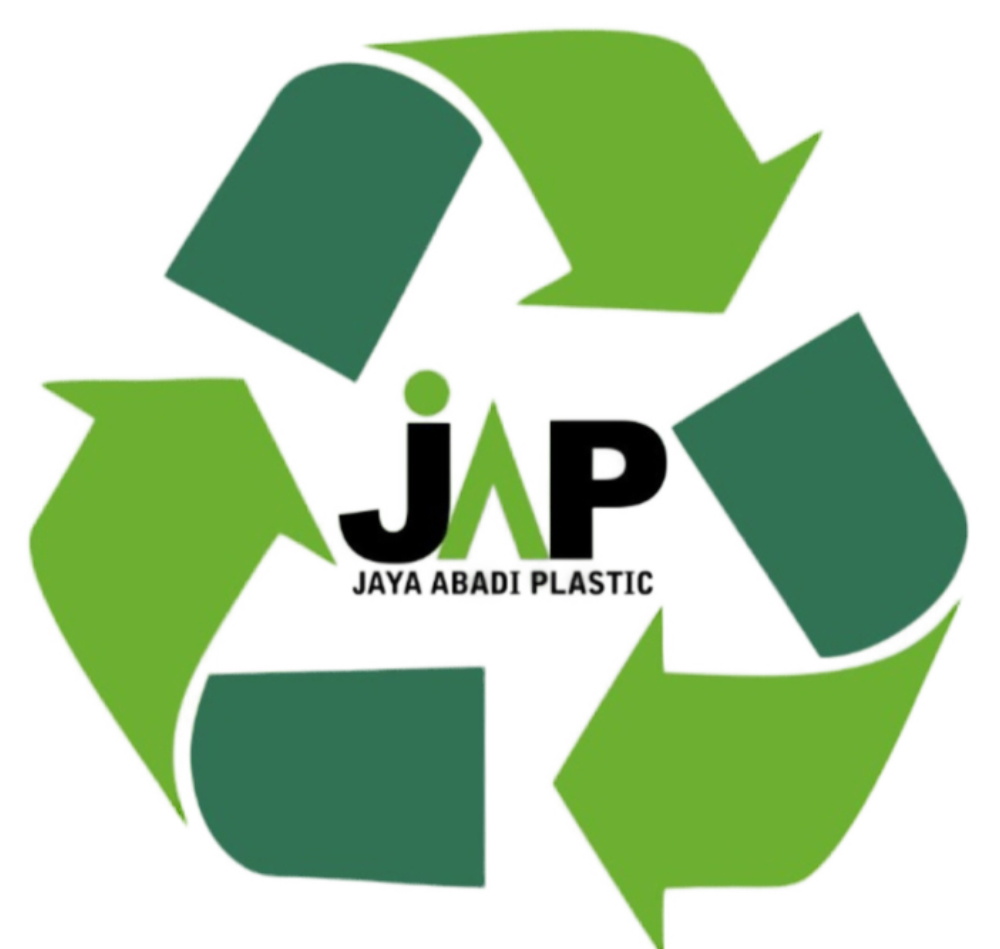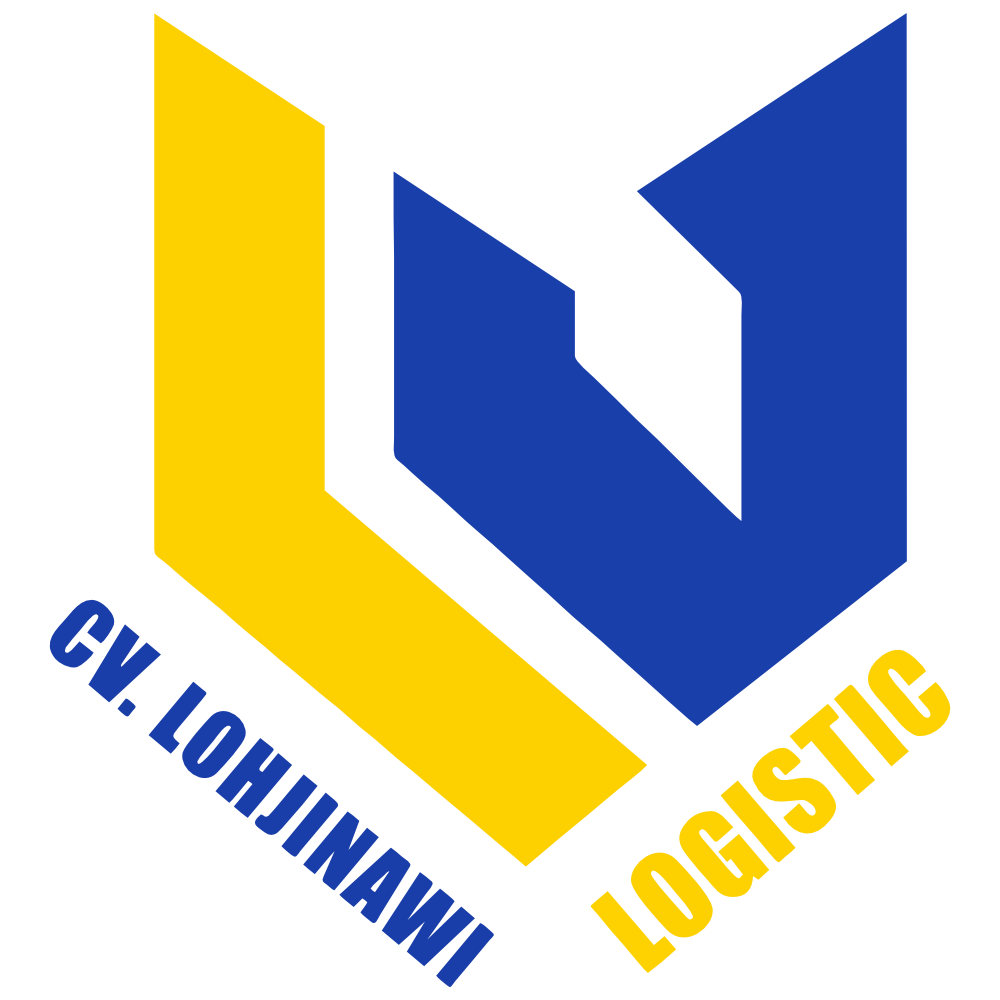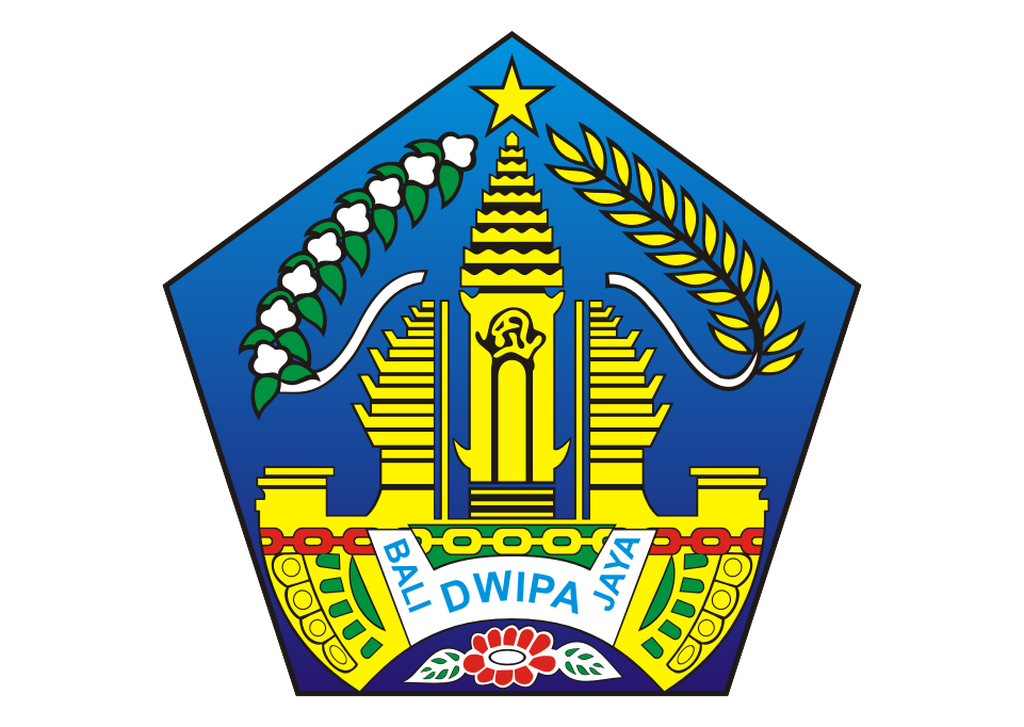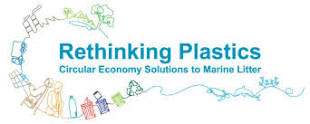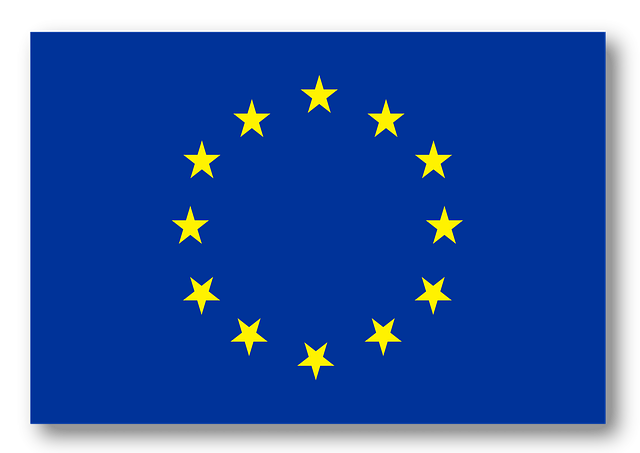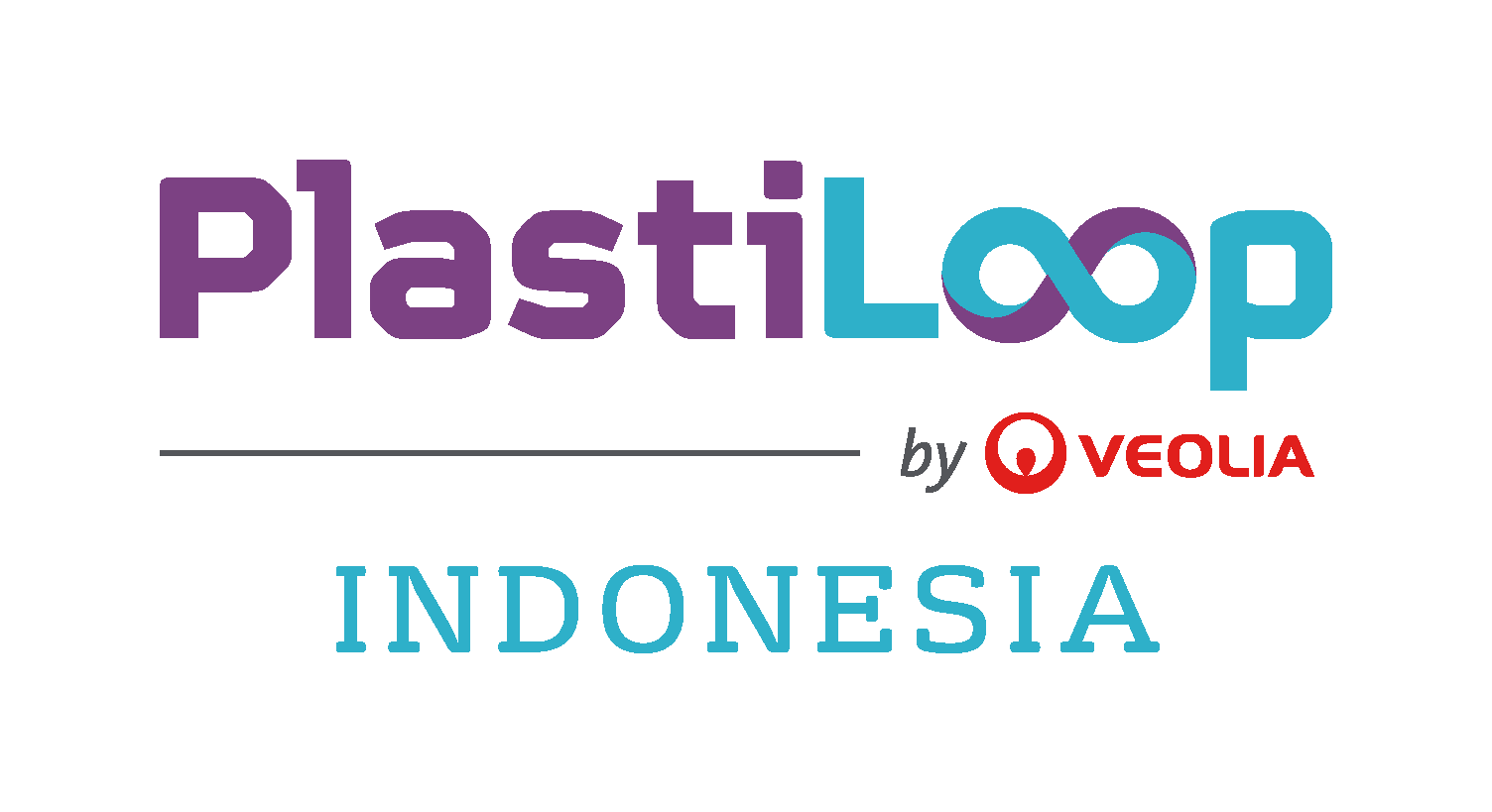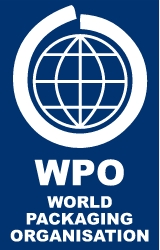About Us
IPRO > About UsIndonesia Packaging Recovery Organisation (IPRO) is a voluntary, non-profit, independent, and professionally managed, focused on increasing the collection and recycling of used packaging establish in August 2020.
Our goal is to increase the collection of used packaging and recycled claims by verifying financial flows, adhering to social and environmental standards following international best practices towards a circular economy in Indonesia.
IPRO is an initiative of companies that are members of the Packaging and Recycling Association for Sustainable Environment (PRAISE).

Our Core Value
IPRO increases the collection of packaging waste and recycled claims through strong multi-stakeholder collaboration, adhering to international standards, following best practices, and promoting systemic behavioral change

Vision
To be Indonesia leading organization that holistically provide the solution for post-consumer waste by employing Circular Economy through multi-stakeholders collaborations and fostering responsible practices by industry

Mission
- Establishing a professionally run organization and maintaining Packaging Recovery Organization as leading packaging waste management system to build circular economy in Indonesia.
- Partner with relevant stakeholders including government, academia, civil society and others in order to increase the awareness and engagement in waste management.
- Promote relevant industry participation in Packaging Recovery Organization, both downstream and upstream to ensure optimum impact on sustainable collection and recycling efforts.
Our Position in the supply chain
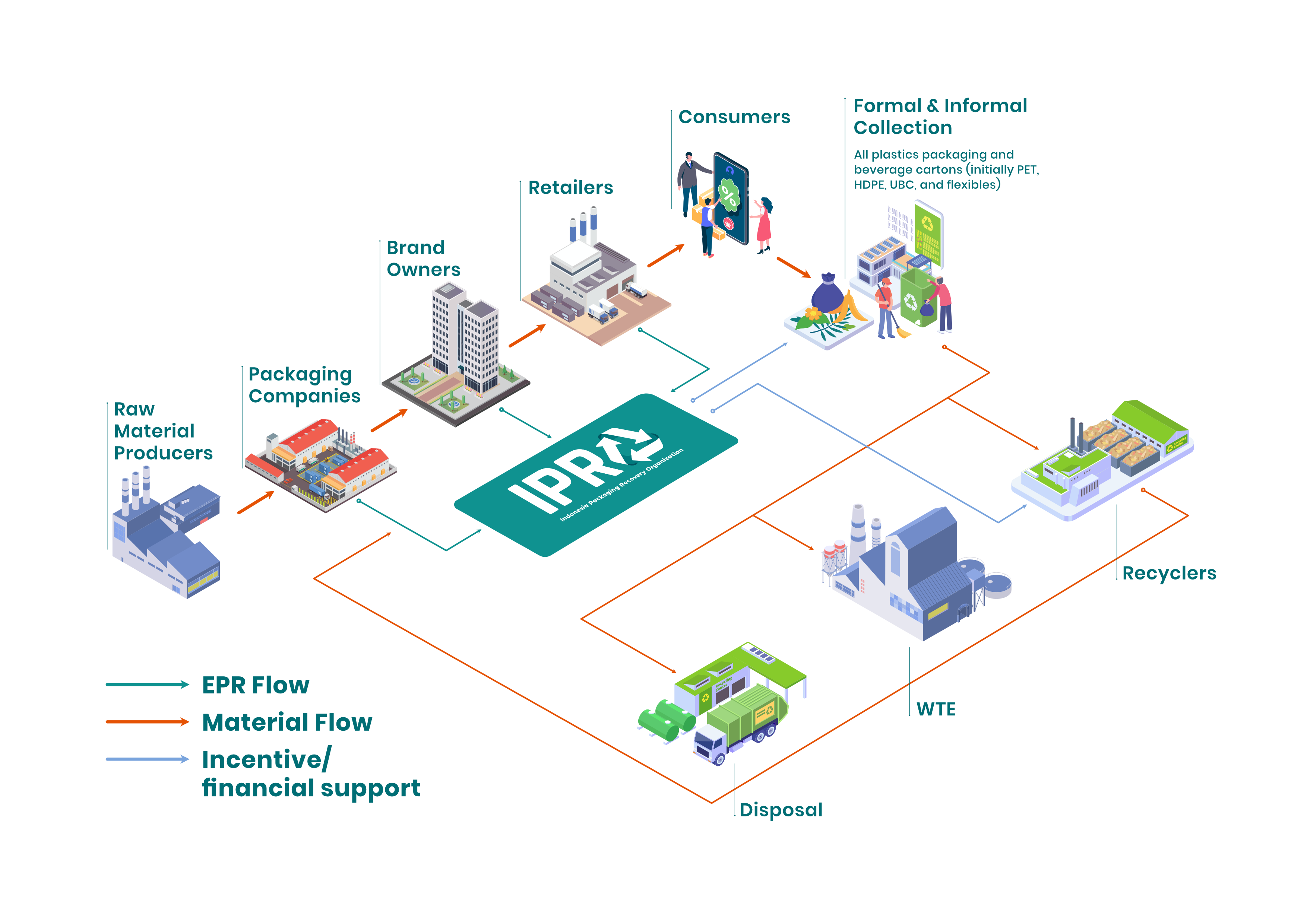
The Organization
The organizational structure of IPRO consists of three councils, namely the Advisory Board, the Supervisory Board, and the Executive Board. Tasks and functions:
- Advisory Board
The Advisory Board is responsible for providing direction and support to the organization. The Advisory Board typically consists of individuals who have experience and expertise in areas relevant to the organization's goals. The tasks of the Advisory Board include providing advice and assistance in developing organizational programs and strategies, as well as providing support in terms of funding or network.
- Supervisory Board
The Supervisory Board is responsible for overseeing the activities and management of the organization. The Supervisory Board's task is to ensure that the organization operates in accordance with applicable rules and regulations, and to ensure that the organization's budget is used effectively and efficiently.
- Executive Board
The Executive Board is responsible for carrying out the day-to-day activities of the organization. The Executive Board typically consists of individuals elected by the organization's members to manage established activities and programs. The tasks of the Executive Board include planning, implementing, and evaluating organizational programs, as well as maintaining good relations with members and relevant external parties.
"Every council has 1 chairman, 1 secretary general, and 1 treasurer who are responsible for carrying out the functions and responsibilities in accordance with their respective roles and functions in the council."
The Advisory Board is responsible for providing direction and support to the organization. The Advisory Board typically consists of individuals who have experience and expertise in areas relevant to the organization's goals. The tasks of the Advisory Board include providing advice and assistance in developing organizational programs and strategies, as well as providing support in terms of funding or network.
The Supervisory Board is responsible for overseeing the activities and management of the organization. The Supervisory Board's task is to ensure that the organization operates in accordance with applicable rules and regulations, and to ensure that the organization's budget is used effectively and efficiently.
The Executive Board is responsible for carrying out the day-to-day activities of the organization. The Executive Board typically consists of individuals elected by the organization's members to manage established activities and programs. The tasks of the Executive Board include planning, implementing, and evaluating organizational programs, as well as maintaining good relations with members and relevant external parties.
Our Working Group
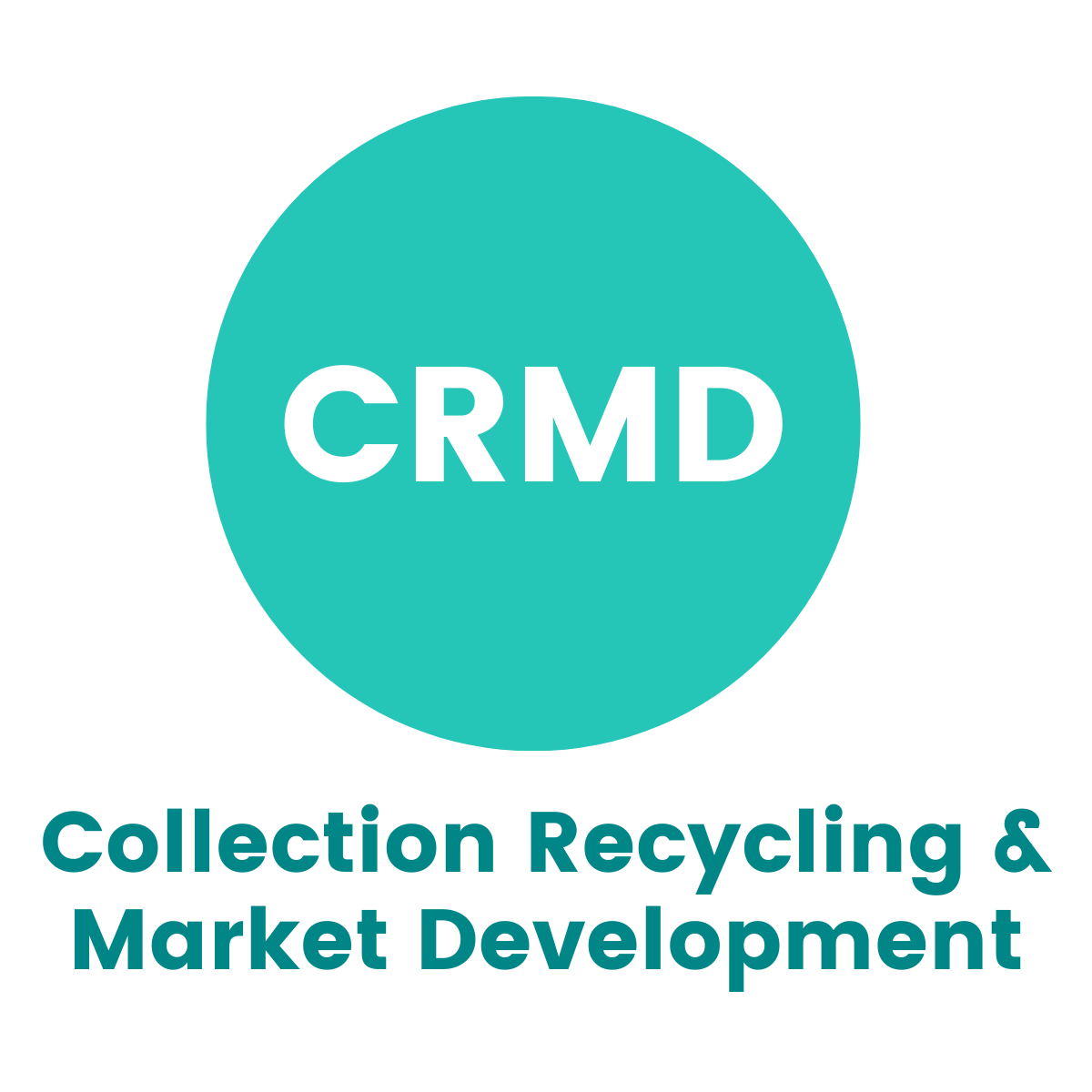

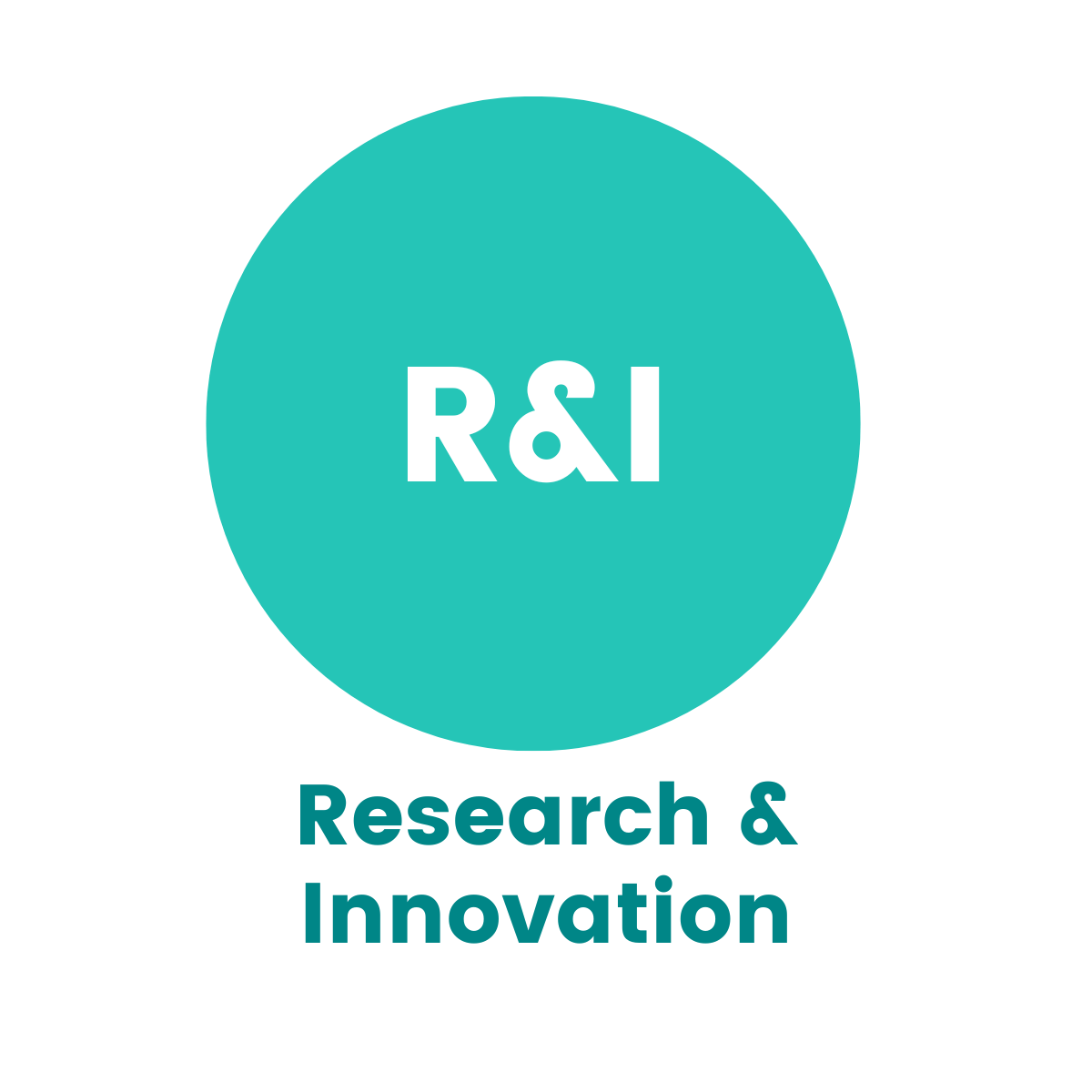
Our Member & Partnership
- All Members
- All Partnerships


